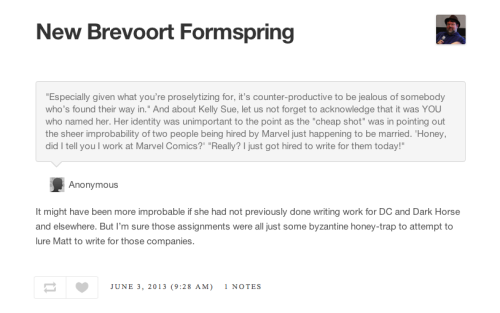
I’ve got three things I’ve got to get turned in today, two kids to get fed and dressed and a bag to pack and a flight to catch, so I can’t respond to this the way I’d like, but I’m putting it here so I don’t forget.
I also need to let my temper subside a bit. If I were to reply right now I’d resort to name-calling and insults and we all know there’s no ground to be gained there.
Instead, when I’m not shaking anymore, I’ll recount my career trajectory AGAIN. [Magazine writer/research assistant—>comic reviewer—>7 years /10K+ pages adapting manga into English—>anthology shorts—>co-writing gigs—>one-shots—>minis—->ongoings]
Maybe I’ll get Alejandro Arbona to attest—AGAIN!—that I was blind-submitted for my first gig at Marvel. I’ll offer that if you’re looking for Men to Credit for My Career, you should look first to Neil Gaiman, Warren Ellis, Peter Rose, Steve Niles and Jamie Rich — all of whom were responsible for making introductions or getting me chances to submit my work well before Matt Fraction had any pull in the industry. (I’ll also state in no uncertain terms that I wasn’t sleeping with any of those men, because I know, dear Anon, that is your next assumption.) Or Brian Bendis, who had championed my work in a way I will never be able to adequately thank him for. (Ditto Steve Wacker.)
(Also not sleeping with Brian or Steve, just so we’re clear.)
Maybe I’ll ponder why it isn’t Fraction who’s considered to have benefited from nepotism. After all, more than 10 years ago now, Matt Fraction was my plus one to Joe Quesada’s 40th birthday party and it was me who sent copies of Last of the Independents to Joe and Axel. I mean, clearly, it was those gestures that got Fraction his career — certainly not the merit of his work, right? I mean, come on — those Hawkeye Eisner noms are part mine, right?
(I can’t imagine how sick Fraction must be of hearing me tell that story. But I bet it’s not half as sick of it as I am.)
(The first person I met in the industry was Wil Rosado. Through him, the first editors I met were Andy Ball, who’s since moved on, and Joey Cavalieri. Just in case anybody wants to make a chart. This would be… maybe 4 years before I met Fraction, Gillen, Ellis, McKelvie et al on the WEF.)
Okay, deep breath.
Bendis is going to tell me that I shouldn’t acknowledge this, that I’m feeling trolls, but here’s the pickle: people deny that this happens. We’re told that the insults to our dignity working women face are in our imagination, that it’s a thing of sexy Mad Men past. It’s WOMEN who make this a thing, right? (Hysterical, don’t you know.) We’re to the point where I meet young women who won’t identify as feminists because the struggle is over and it’s only a thing if you make it one.
Bullshit.
It’s not a natural assumption to leap to the conclusion that I got my job because of my marriage. It’s the product of deeply-ingrained sexist thinking. I can name for you a half a dozen men who did, in fact, get their first big two gigs because of who they knew and their dignity and their qualifications have never been called into question. I’m lucky if I go a week.
I was recently directed to a post on a snake pit of a message board (what was I thinking, even going to look?) by a man I’d known as long as I’d known my husband, a man I’d met at the same time—a man who had felt free to ask professional favors of me on multiple occasions—who was lamenting how “easily” I’d gotten to where I was because of Fraction. When friends of mine pointed him to my CV, he half-apologized because he had no idea. Apparently he thought Marvel—a publicly-owned company—was in the habit of handing out gigs to freelancer’s wives just for kicks. Then he threw up the bit about it being a natural assumption.
I would say simply ‘fuck that guy’ and chalk it up to his not being half as smart as he thinks he is, but here’s the thing:
That guy has daughters.
For them, and for my daughter and for your daughter, I am going to occasionally shine a light on these things… even though it both enrages and embarrasses me.
I don’t know if it’s the right call, but I know that ‘ignore it and it’ll go away’ isn’t working.
I need to figure out a way to contain my outrage enough to talk about it in a way that doesn’t attack, but invites dudes like Anon to rethink their ‘natural assumptions’ without setting myself up as an uppity bitch that they’re invested in proving wrong.
I… I clearly don’t know how to do that right now. But I’m going to figure it out.
Later.
Right now, the kids need breakfast and my son has questions about the xenomorph that can’t wait another second.
I’m out.
This is the way to get work: be bright and be smart and be reliable and be nice and be competent.
(remember this?
That’s her.)
If I remember correctly, Kelly Sue turned up at a signing in about 1996 and asked if I needed an assistant, and gave me her email address. I didn’t, I already had one, but she’d seemed really nice and smart, and I wrote back to her telling her I didn’t need an assistant and wishing her well. And we stayed in touch. She wrote interesting emails, of the kind that you reply to, and sometimes she needed help or advice and I was always happy to give it. I think we got together once, socially, in late ‘98, and I was always sorry that it was just that once.
If I did any good to her career, other than being encouraging over the years, and being really thrilled whenever anything she did was successful (including getting married and having kids while writing good comics), I don’t know what it was. I liked being her cheerleader and I’ve enjoyed being her friend. For as long as I’ve been watching, she did it all herself.
There are married couples in comics, often brought together by a mutual interest in comics in the first place.
And there is a crippling sort of social sexism that sees women as peculiar appendages of their men.
It’s sad to see Kelly Sue having to defend herself. It’s reassuring to see her do it so well.
And I’m reblogging for all the people, especially the male people, who never gave any of this stuff a moment’s thought, so that next time something like this creeps across their radar they’re a little bit wiser, a little bit more prepared.



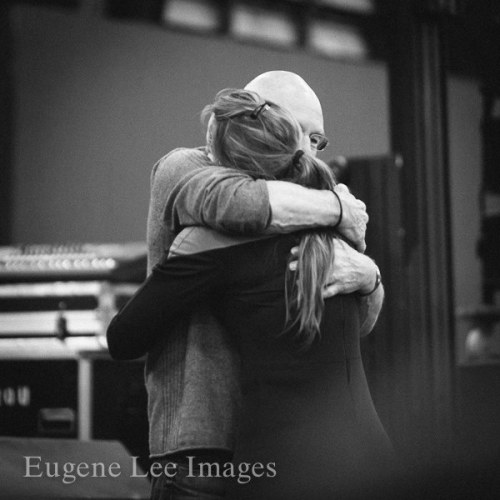

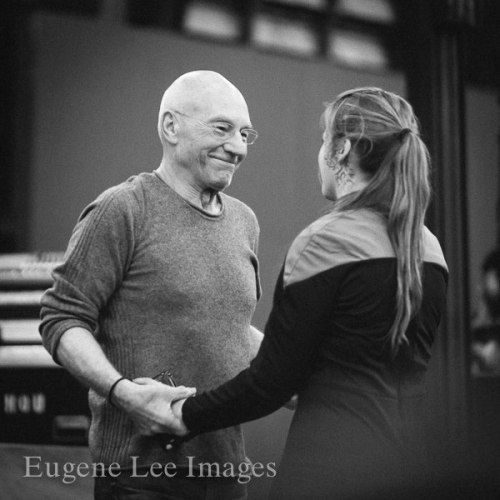
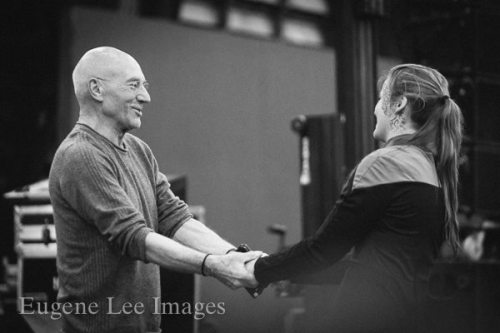

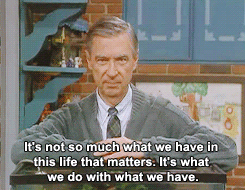
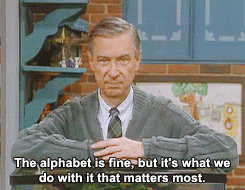
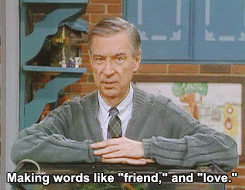

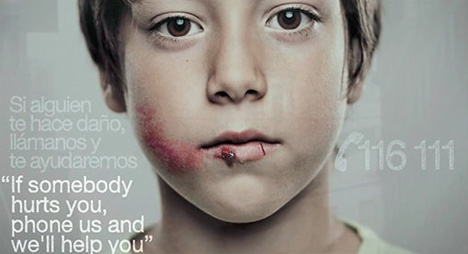
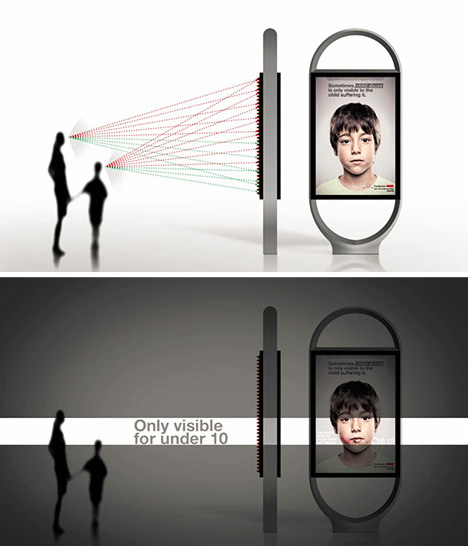
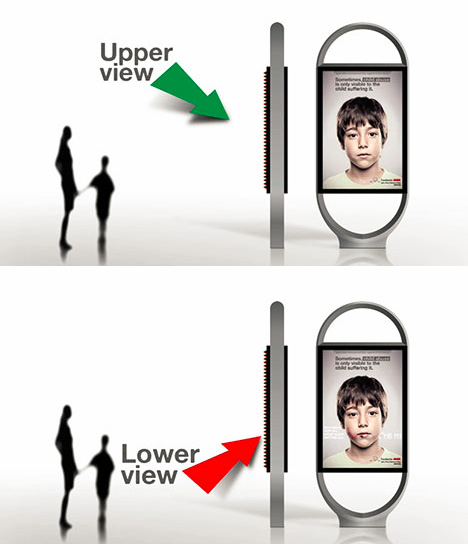















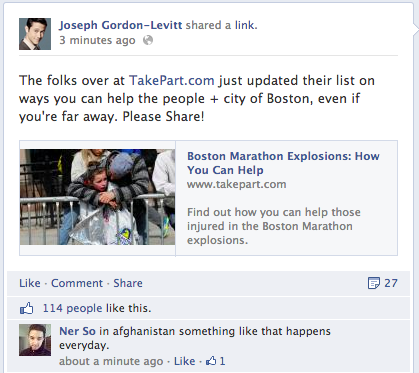
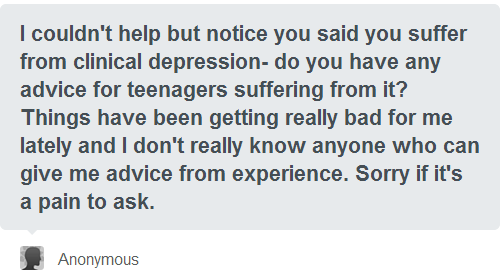



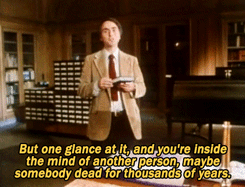
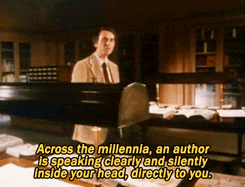
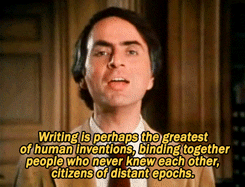
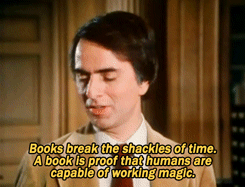





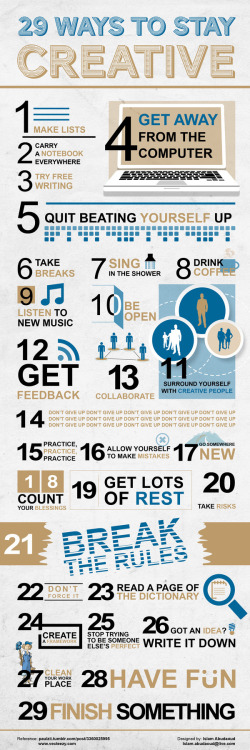
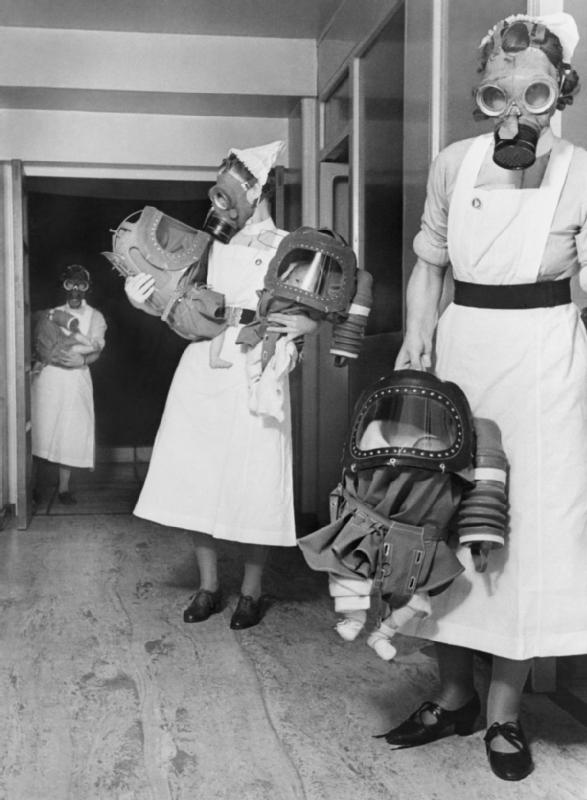
 From the Imperial War Museum in London, a couple of incredible photos of nurses testing out infant gas-masks: "Three nurses carry babies cocooned in baby gas respirators down the corridor of a London hospital during a gas drill. Note the carrying handle on the respirator used to carry the baby by the nurse in the foreground."
From the Imperial War Museum in London, a couple of incredible photos of nurses testing out infant gas-masks: "Three nurses carry babies cocooned in baby gas respirators down the corridor of a London hospital during a gas drill. Note the carrying handle on the respirator used to carry the baby by the nurse in the foreground." 